Vitamin D deficiency symptoms are easy to ignore and can cause short-term symptoms that lead to long-term complications. Harvard University estimates over 1 billion people are vitamin D deficient.
Vitamin D is essential for the proper formation of bones in both children and adults.
It’s also essential for:
- Regulating the immune system
- Proper function of the central nervous system
- Maintaining gait, balance, and muscle strength
- Adequate performance of the heart and circulatory systems
By converting the sun’s UV-B rays into vitamin D, the skin supplies much of the body’s requirement of this vitamin. Fair-skinned people absorb vitamin D more easily than darker skinned individuals, but 10 to 15 minutes in the midday sun will usually supply enough vitamin D to the body. Most of the milk supply in the U.S. is fortified with vitamin D, although other items, such as cheese and ice cream, may not be.
Many people, especially the elderly, are unknowingly deficient in vitamin D. Vitamin D is fat soluble, which means that any excess is stored in the body. However, vitamin D toxicity is uncommon, especially when the dosage is less than 10000 IU per day.
Here are 15 obvious symptoms and warning signs that your not getting enough vitamin D:
1.) Psoriasis
A scaly, itchy rash on your scalp or other areas of your body may indicate the presence of psoriasis. Psoriasis is often caused by stress and is sometimes be associated with a lack of vitamin D. According to the Mayo Clinic, a vitamin D deficiency will inhibit the body’s ability to fight psoriasis.
Although there is no cure for psoriasis, it can be controlled by lifestyle changes such as reducing stress, using medicated shampoos specifically for psoriasis, medications (methotrexate or cyclosporine) and ensuring that you have adequate amounts of vitamin D in your body.
2.) Tiredness
Vitamin D is essential for energy and low levels of it will result in feelings of tiredness and lethargy throughout the day. Lack of energy can cause you to neglect proper self-care, which can adversely affect your overall health. If you’re feeling tired, you’re less likely to go outdoors and may become less active. This can increase the effects of a of vitamin D deficiency, which can cause additional feelings of lethargy, and so forth.
If feelings of exhaustion and lethargy persist and cannot be attributed to other things, consult your health care practitioner. You may have a shortage of vitamin D.
3.) Bone Pain
With the popular trend toward avoiding dairy and the prolific use of sunscreen products, many people don’t receive enough vitamin D. Another indication of a vitamin D deficiency is bone pain, which will manifest over a large area and is very deep. Muscle pain is usually felt in a specific location and increases with activity; bone pain, however, is felt throughout the entire body or in a large area.
Usually, vitamin D supplements can correct this problem within a short time. Again, a simple blood test can determine the level of vitamin D in your body without the need for additional and more expensive tests.
4.) Depression
Vitamin D is frequently referred to as the sunshine vitamin because the sun is responsible for most of the vitamin D we receive. Those who live in sunny climates have higher levels of serotonin, which is a neurotransmitter responsible for feelings of happiness and contentment. Individuals with low levels of serotonin are more inclined to experience depression, particularly during the winter months when the days are shorter.
Although scientists continue to research the ways vitamin D affects the brain, the result is known: There is a connection between depression and low levels of vitamin D. Residents of Alaska and similar areas are encouraged to purchase light boxes that emit medical-grade light; this helps maintain their vitamin D levels during months with little sunlight. Those who are depressed are usually more inclined to anti-social behavior, which keeps them indoors and isolated. Getting the proper amount of vitamin D could help you avoid taking any depression medication.
5.) Crankiness
Since vitamin D helps regulate the levels of serotonin in the brain, inadequate amounts of it can cause irritability and crankiness. Serotonin is responsible for positive moods and happiness so a lack of this neurotransmitter can result in negative emotions, lack of energy, and the inability to maintain focus.
If your mood swings are unusual for you, it may indicate that you lack sufficient vitamin D in your body. Consult with your health care practitioner; a simple blood test may yield the answer.
6.) Sweaty Head
Especially for infants, a sweaty head can indicate a shortage of vitamin D. Mothers who are breastfeeding should ensure that they consume foods rich in this essential vitamin, such as fatty fish, oranges and orange juice, cereals, and dairy products.
A sweaty head can occur in adults as well as infants and may signal the need for more sun or more foods rich in vitamin D. Pay attention to your body’s signals and it will tell you what it needs
7.) Chronic Pain
Scientists recently discovered that widespread chronic pain can be due in part to a vitamin D deficiency; low levels of it can increase the likelihood of developing chronic pain. Your health care professional can advise you of the best methods for increasing your body’s level of vitamin D.
A simple test, recommended by doctors, can help you determine if you have chronic pain. Press against your sternum, also called the breastbone. If you feel a sharp pain, you probably have chronic pain related to a vitamin D deficiency. If so, consult your medical professional about how to increase your level of this essential vitamin.
8.) Hypertension
A study conducted by Harvard University indicated that women who were deficient in vitamin D had a 67 percent higher incidence of hypertension than those women who had normal levels of vitamin D. Since high blood pressure increases the risk for a stroke or a heart attack, it’s essential to maintain an adequate amount of vitamin D in your body.
Your health care professional can determine if your diastolic and systolic readings indicate the presence of hypertension. If so, it can usually be corrected with a combination of diet, exercise, and some lifestyle changes, such as quitting smoking and reducing your intake of fatty foods.
Anxiety can increase blood pressure in many people, so if you often feel anxious, discuss this with your medical practitioner. Sometimes, the addition of a vitamin D supplement can alleviate the symptoms.
9.) People Over 50
If you’re over 50 years old, or close to it, you probably are deficient in vitamin D unless you are already addressing the issue. The body’s ability to synthesize vitamin D decreases as you age. You can address this through diet, sunshine, supplements, or a combination of them. It’s vital for your overall health to keep your level of vitamin D within the normal range for your age. Overlooking this simple but vital area of your health can have dramatic consequences on many areas of your health, so be sure to get the sunshine on a regular basis and eat a healthy diet full of vitamin-D-rich foods.
10.) Muscle Weakness
Muscle weakness can present as general fatigue and may be attributed to other factors, especially for those with hectic schedules. When adequate amounts of rest and proper nutrition don’t restore energy, there may be another cause. A simple blood test will reveal the level of vitamin D in the body and the need for either supplements or more time in the sun.
Always pay attention to the signals your body sends you; it will tell you when something is amiss.
11.) Chronic Infections
Vitamin D affects more than 2,000 genes in the body and this directly affects the immune system. Adequate levels of vitamin D help your immune system fight disease and infection; inadequate levels can result in poor overall health and a compromised immune system. A simple blood test can determine if you need to take supplements or spend more time outdoors.
12.) Reduced Endurance
Athletes whose endurance takes a nosedive may be deficient in vitamin D. Even those who get adequate amounts of sunlight can experience a lack of vitamin D; pay attention to the signals your body gives you.
13.) Respiratory Problems
Research has indicated that a vitamin D deficiency in children can lead to chronic respiratory issues such as asthma.
These issues can present in several ways, such as:
- Difficulty breathing for an extended period
- Becoming easily winded after mild exertion
- The inability to breathe deeply or take a full breath
The inability to breathe can trigger a panic attack or severe anxiety, and this can lead to other issues. If this happens, please consult your medical professional right away. Vitamin D deficiency is easily determined and easily corrected. Remember, pay attention to the signals your body sends you.
14.) Cardiovascular Disease
The National Institute of Health, or NIH, published articles proving that a vitamin D deficiency can lead to congestive heart failure. Contact your health professional immediately if you have any of the following heart attack signs:
- Edema
- Dizziness
- Chest pain
- Breathing issues
Exercise and proper nutrition, including adequate amounts of vitamin D, are the best defenses against cardiovascular diseases. Home tests are available that will determine vitamin D levels in the body, but a lab test from your medical professional may be the best option. Tests ordered by doctors are more likely to be covered by most health insurance plans and may be more accurate.
15.) Chronic Kidney Disease
Kidneys aid in removing waste from the bloodstream. Kidneys that aren’t functioning properly can cause metabolic toxins to flood your body and make you ill. Doctors have recently discovered a correlation between kidney health and cardiovascular disease. Vitamin D plays an important role in maintaining healthy kidneys.
Particularly as you age, it’s more difficult to process vitamin D so your kidneys may not function as well as they once did, even if vitamin D levels remain relatively constant. It’s important to supplement your diet with foods rich in vitamin K2 in order to maximize the conversion of the vitamin D in your body.
Kidney disease symptoms may be difficult to self-diagnose, so if you suspect there is a problem, be sure to consult your medical practitioner without delay. Sometimes, kidney issues are only determined through lab tests. Unintentional weight loss can be a symptom of poor kidney function, as can:
- Nausea
- Fatigue
- Vomiting
- Chest pain
- Loss of appetite
- Persistent itching
- Urination changes
- Decreased mental acuity
- Muscle cramps and/or twitching
If you experience one or more of the above signs or symptoms, be sure to consult with your medical professional to make sure your not lacking Vitamin D. Remember its always good to “stay in tune” with your body by being sensitive to what it is trying to tell you.
Here’s How You Can Overcome Vitamin D Deficiency
Please SHARE these helpful tips with your friends and family.

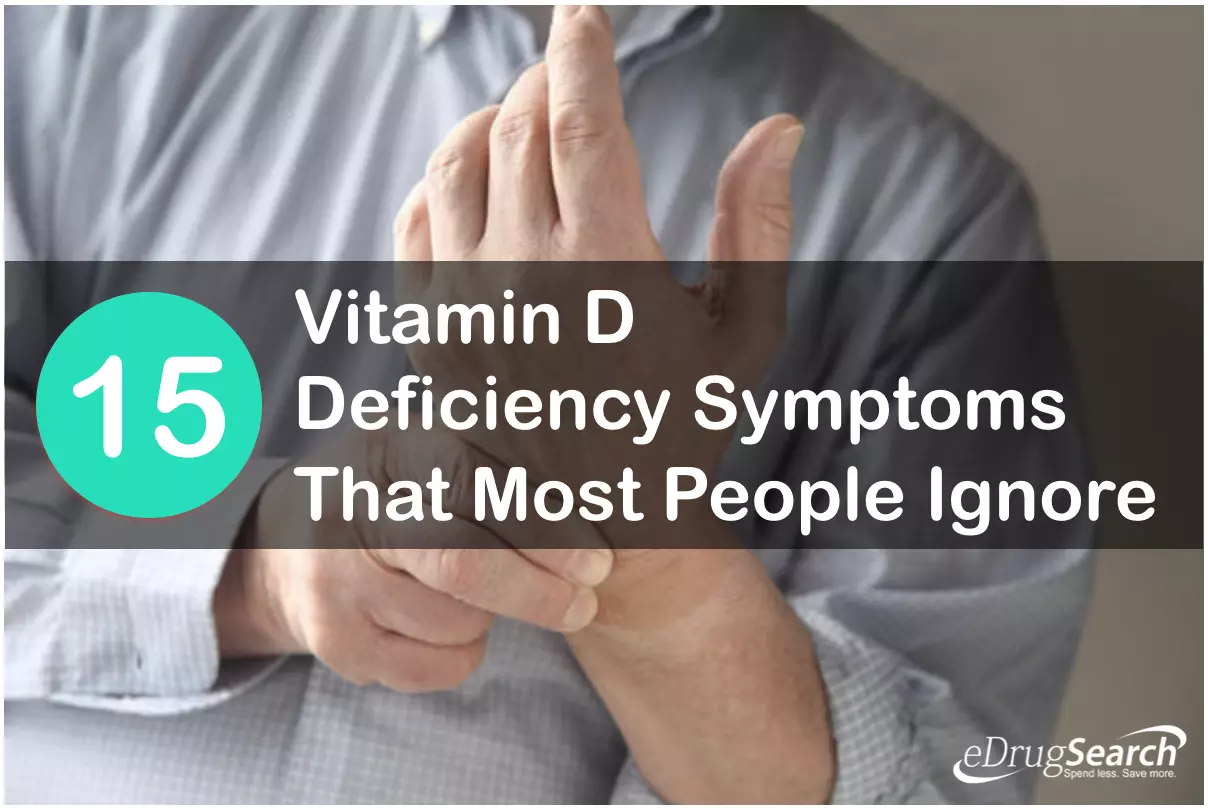


 Is Store-Bought Almond Milk Good for You?
Is Store-Bought Almond Milk Good for You?
 Stop Buying Avocados. Here’s How to Grow an Avocado Tree from Seed
Stop Buying Avocados. Here’s How to Grow an Avocado Tree from Seed
 Top 10 Amazing Foods to Improve an Underactive Thyroid
Top 10 Amazing Foods to Improve an Underactive Thyroid
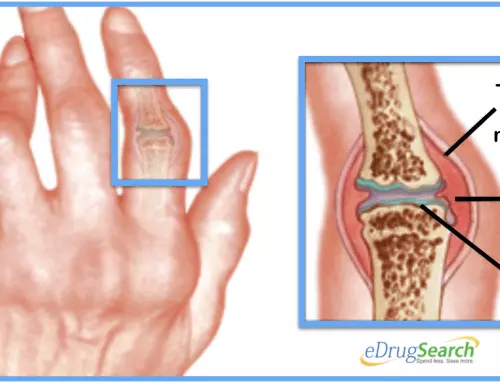


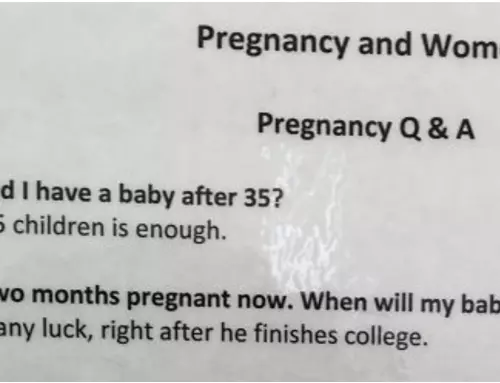






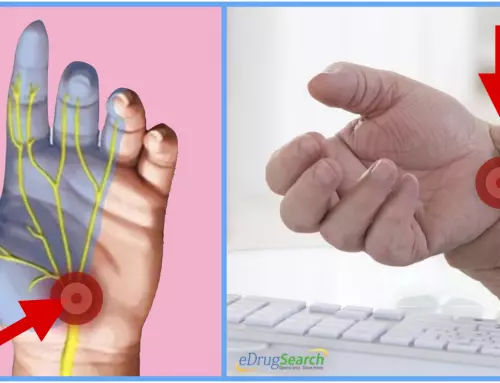

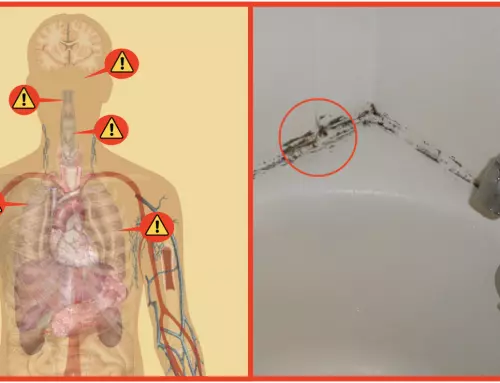







Leave a Reply
1 Comment on "15 Subtle Vitamin D Deficiency Symptoms That Most People Ignore"